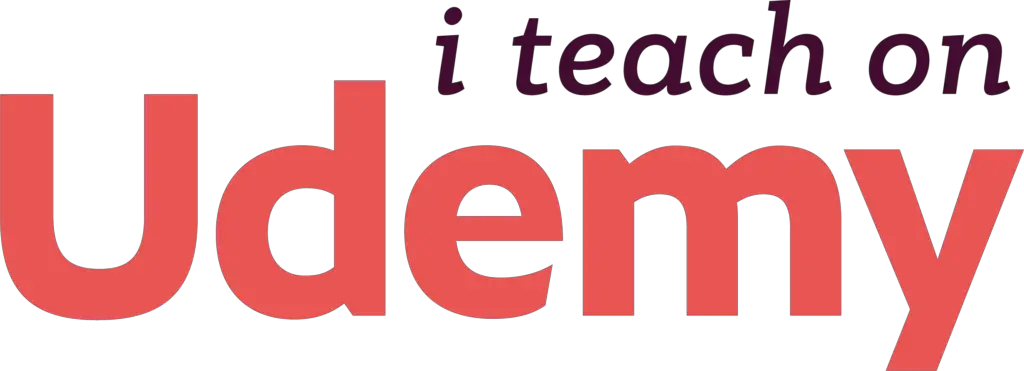Introduction
This post looks at tag questions and how to use them correctly.
For those who prefer to watch a video, this is for you:
This is one of those tag questions, isn’t it?
See what I did there? As you can see, the question above is an example of a tag question.
Tag questions are simple to form. You take a statement and add the negation, turning it into a question.
In this case, the statement is “This is one of those tag questions” and I added “isn’t it?” as the tag.
A word of caution
There is something that needs to be stressed, namely that the tag part has to match the statement part, in subject, verb and tense.
These are all examples of where it has been used incorrectly:
- This is a tag question, isn’t he? (wrong subject)
- This is a tag question, can’t it? (wrong verb)
- This is a tag question, wasn’t it? (wrong tense)
In each case, the tag part has a mistake and the whole sentence doesn’t sound natural. This is, of course, something you should try to avoid.
You like coffee, don’t you?
This might not appear to be a tag question, as the verbs don’t seem to match.
You just need to bear in mind that most verbs require a helper verb to form questions and negatives.
For example, “I like coffee” becomes “I do not like coffee” in the negative. As a question, it becomes “Do you like coffee?“.
Therefore, the tag question in the section title is a valid tag question.
You might also see something like this: “Nice weather, isn’t it?”
At first glance, it doesn’t look like a tag question. However, in this example, “Nice weather” is the short form of “It’s nice weather“.
Again, this is a valid tag question when you look a little closer.
Positive or negative?
So far, we have seen examples where the statement is positive and the tag part is negative. This is just coincidence and the statement can be negative, with a positive tag. Here are some examples of this kind of tag question.
- “It’s not going to rain, is it?“
- “You don’t like beer, do you?“
- “She wasn’t at the party, was she?“
These examples show that there is no difference between a positive statement with a negative tag, or a negative statement with a positive tag. Both versions result in valid tag questions. The important thing is that one is positive and the other is negative. They cannot both be ‘the same’.
An exception
There is an exception to all of this – it is English, after all…
What do you expect the tag question to be with this statement?
I am clever.
In an uncontracted form, it would be this:
I am clever, am I not?
No problems there.
However, we love forming contractions and it we tried to do this here, we would get the following:
I am clever, amn’t I?
This is unwieldly and doesn’t flow nicely. So in this case, we relax the grammar to make it easier to say and the correct tag question then becomes:
I am clever, aren’t I?
This is easier to use when speaking, so we push grammar out of the way in favour of practicality.
For more information about contractions, please check out this interesting article.
Spot the difference
Let’s imagine that you’re in a job interview and the potential employer asks you one of the following questions:
- Can you start on Monday?
- You can start on Monday, can’t you?
- You couldn’t start on Monday, could you?
In all cases, the interviewer is asking you if you can start on Monday, but there are differences in meaning.
Can you start on Monday?
This is a neutral way of asking, with no hidden meaning.
You can start on Monday, can’t you?
Rather than the neutral way of asking, this way is almost telling you that you have to start on Monday and asking you to confirm.
Of course, you can reply that you can’t start on Monday but you really should have a good reason.
You couldn’t start on Monday, could you?
This variation is hoping that you could start on Monday, but realises that it is unlikely.
As previously mentioned, the statement can be negative, with a positive tag question – it isn’t limited to positive statements with negative tags.
Tag questions – summary
Tag questions are a common part of the English language and when used correctly, can make your language appear more natural and fluent.
for more information, you might like this article on Wikipedia.
You do agree, don’t you?



I’m a lawyer and interested in the way words move through time to have different meanings and uses. I write a lot of documents, so my writing is often stilted and stuffy. The clarity of your writing just in the explanation of the use of “right” as a tag question is concise and educational. Excellent work!
Hi Ed,
Thanks for your comments and kind words.
It seems that the word has become trendy and without proper thought. Folk seem not to use it for affirmation but as a sort of fill in for awkward speech.
Just my opinion 🙂